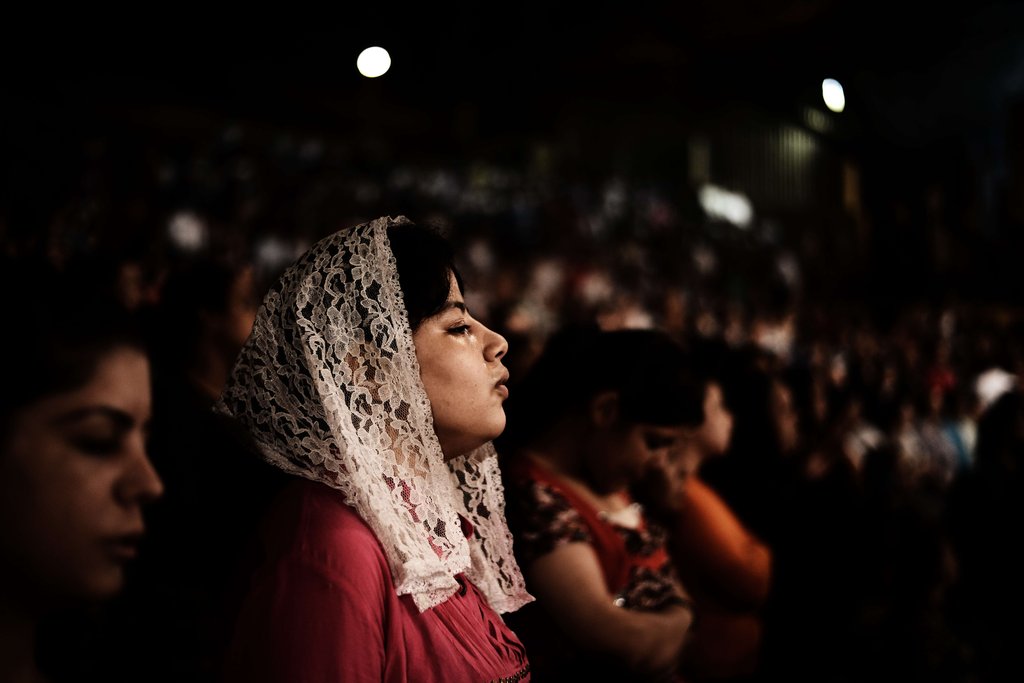CAIRO: Mobile banking will take off quickly in Egypt by bringing services closer to those who don’t normally have access to banks, Philippe Joannier, head of territory and managing director of BNP Paribas Egypt, said Monday.
It will be a “real public service, he told Daily News Egypt on the sidelines of the Economist’s Seventh Business Roundtable with the Egyptian government.
The bank expects approval of a mobile banking license applied in partnership with Mobinil by March 2010, reported Reuters.
BNP’s M-Wallet, Joannier said, will make banking services such as money transfers and bill payments available in rural areas via mobile phones.
“Not everyone in Egypt has a bank account, but everyone has a mobile phone, he said.
“In Egypt, if you have a village with 1,000 people, you won’t find five bank branches there, unlike in other parts of the world, he said, adding that mobile banking will help fill this gap.
BNP Paribas recently launched mobile banking operations in the Ivory Coast that allow customers to conduct transfers and take out loans, though the latter will not be available in Egypt right away.
Egypt’s Central Bank has put the responsibility on the bank more than the mobile operator, he told Daily News Egypt.
Joannier echoed the sentiment of the ministers who spoke Monday at the closed sessions of the Economist conference regarding the health of Egypt’s economy.
“There’s no way Egypt is going into a recession, he said, even though more growth is dependent on the appetite of world markets in which some expect to see a double dip.
“People should invest [in Egypt] now because there are a lot of opportunities, he added.
Commenting on the conference, he said, “It’s a great opportunity to have a discussion with businessmen.and a factual, honest presentation of business possibilities [from the ministers].
One thing that was mentioned repeatedly at the conference was the quality of education, which currently poses a problem for development.
Plans announced by the Ministry of Trade and Industry to train 600,000 people, he said, will address this problem, but still “this is not at the management level. So there’s still a lack of skilled labor.and this needs to be improved if Egypt wants to become a hub.
He pointed to a problem with middle-level positions, for example, bank branch managers. For their needs, BNP Paribas relies on internal training and promotions.
Throughout the Economist conference, Egypt’s banking sector was specifically touted for its resilience during times of crisis. For this, Joannier credited the Central Bank’s “conservative, cautious attitude as well as “sound regulation.
But despite its performance thus far, there’s still a lot of room for the banking sector to grow. The fact remains that only around 10 percent of Egypt’s population is banked, which Joannier attributes to a pervasive cultural outlook.
“People in Egypt actually save more than they borrow.the mortgage market is still very small, he said. “People have to want to borrow, and this has to be a gradual shift.
Most of Monday’s conference was closed to the media, save for a briefing from the Economist Intelligence Unit and a speech by Prime Minister Ahmed Nazif.
“Egypt plans to double exports in the next four years from LE 92 billion to LE 200 billion, Nazif said, and will expand PPP ventures as well as investment opportunities for the private sector in infrastructure development to address needs in transportation and energy, among other resources.
“The challenge and the goal for Egypt is to keep growing at 7+ percent, Nazif said.
Nazif said there is more commitment from the government to stay the course of reform, but warned that society will resist change unless they see proof that it works.
The focus will be on maximizing Egypt’s competitive advantages including its “young and ambitious workforce, a diversified economy and potential to become an energy hub in oil, gas and electricity.
There are also plans to change the way it produces, consumes and distributes energy, he said, adding that energy prices will become more competitive while balancing energy finances.
Minister of Finance Youssef Boutros-Ghali indicated that there are currently LE 20 billion worth of PPP projects in the pipeline and that they should support the government’s spending in boosting growth, Beltone Financial said in its daily market report.
Ghali said that energy pricing has “a contractionary and inflationary effect, that the government might not consider it until there is solid evidence that growth is on track and the economy has recovered from the effects of the global crisis, Beltone added.

